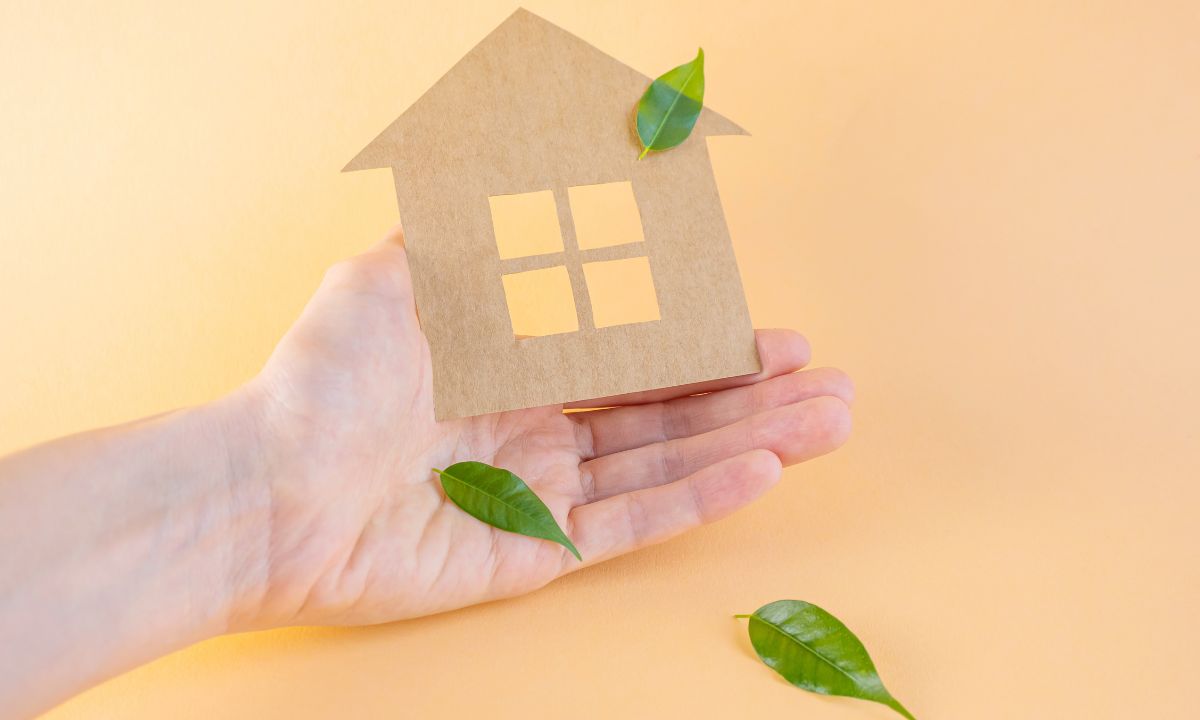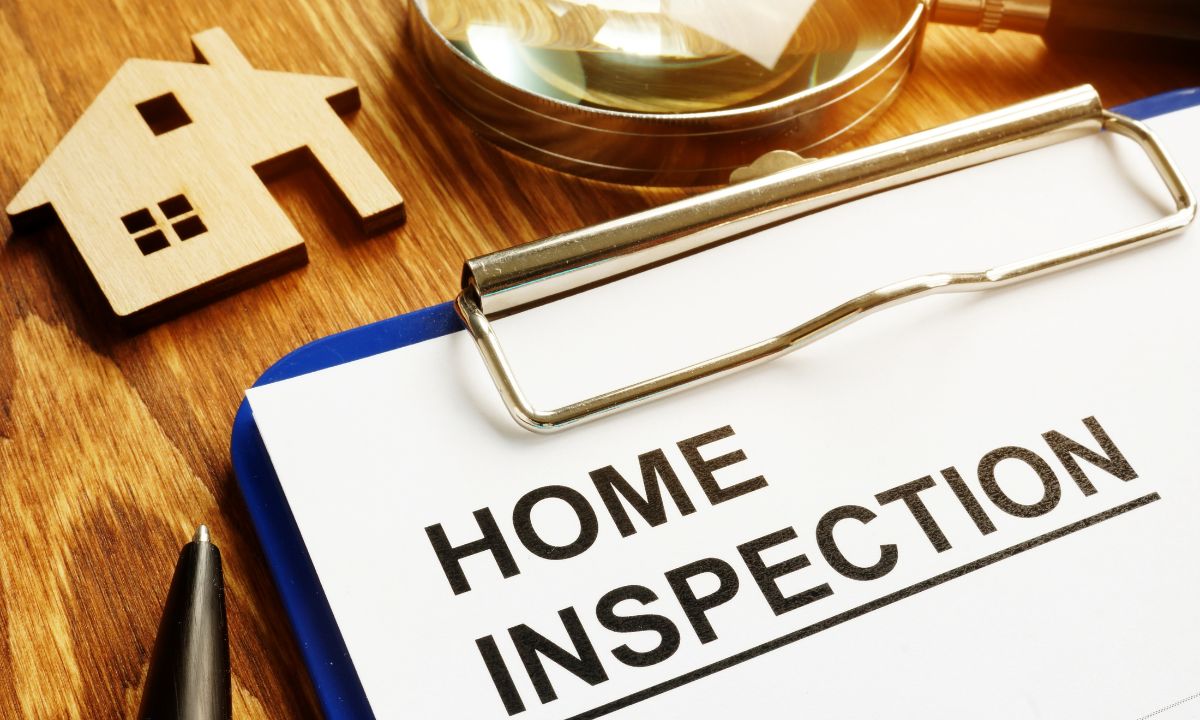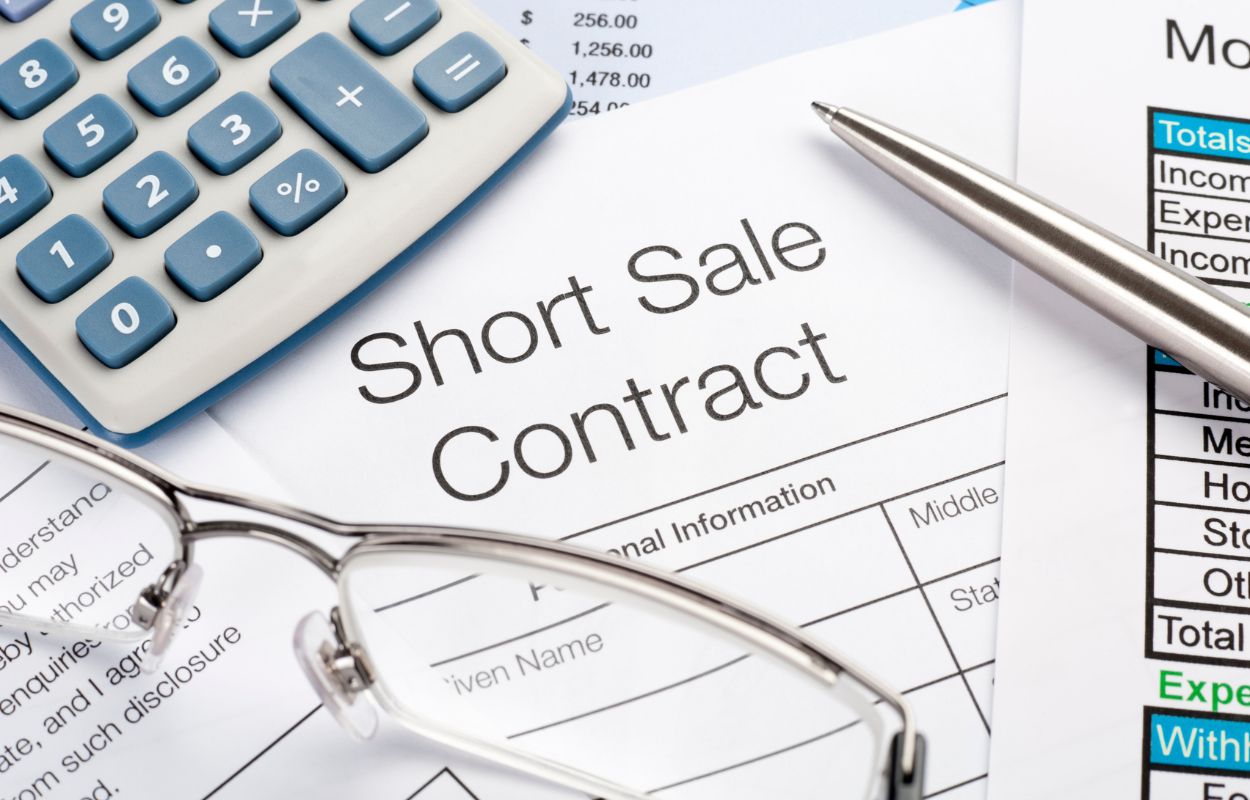 When deciding between renting and buying a home, it’s essential to understand the key differences between a mortgage and rent. Each option has its own set of benefits and drawbacks, and knowing these can help you make a more informed decision about your living situation and financial future.
When deciding between renting and buying a home, it’s essential to understand the key differences between a mortgage and rent. Each option has its own set of benefits and drawbacks, and knowing these can help you make a more informed decision about your living situation and financial future.
1. Ownership vs. Tenure
The most significant difference between a mortgage and rent is ownership. When you take out a mortgage, you are buying a property and will eventually own it once the loan is paid off. On the other hand, renting means you are paying for the right to live in a property for a specified period, but you do not own the property. Renting provides flexibility, especially if you foresee moving within a few years. In contrast, homeownership builds equity and can be a long-term investment in your future.
2. Financial Commitments
Mortgages typically require a larger upfront financial commitment than renting. Aside from the down payment, which can range from 3% to 20% of the home’s purchase price, there are closing costs, inspections, and appraisal fees. Renters usually have to pay a security deposit and the first month’s rent upfront, which is generally lower than the costs associated with purchasing a home.
3. Monthly Payments
Monthly mortgage payments often include principal and interest, and they may also cover property taxes and homeowners insurance. Your mortgage payment can be stable if you have a fixed-rate mortgage, but it may fluctuate if you have an adjustable-rate mortgage. Rent payments are usually fixed for the term of the lease but can increase when renewing the lease or if the rental market changes.
4. Maintenance and Repairs
When you own a home, you are responsible for maintenance and repairs. This can include everything from fixing a leaky faucet to replacing a broken appliance. Renting, however, generally means that the landlord or property management company is responsible for these issues. This can be a significant advantage for renters who prefer not to deal with unexpected repair costs.
5. Equity and Investment
One of the main advantages of owning a home is building equity. As you make mortgage payments, you gradually pay down the loan and increase your ownership stake in the property. Over time, this can lead to a significant financial asset. Rent payments, however, do not contribute to equity; they are essentially a cost of living without long-term financial benefit.
6. Flexibility and Stability
Renting offers more flexibility, making it easier to relocate if needed. This can be ideal for individuals who are unsure about their long-term plans or those who prefer not to commit to a single location. Homeownership, while offering stability and the potential for long-term financial gain, also ties you to a specific location and can make moving more complicated.
7. Tax Implications
Homeowners may benefit from various tax deductions, such as mortgage interest and property tax deductions, which can lower their taxable income. Renters do not receive these tax benefits, as they are not investing in property ownership.
In summary, deciding whether to rent or buy a home depends on your personal circumstances, financial situation, and long-term goals. Renting offers flexibility and fewer responsibilities, while buying a home can be a wise investment that builds equity and offers stability. Weighing these factors carefully can help you make the best decision for your future.

 Purchasing a home is a significant milestone, but the process can be intimidating, especially when it comes to saving for a down payment. Fortunately, Down Payment Assistance (DPA) loans offer a solution that can make homeownership more accessible. Let’s discuss how DPA loans work, their benefits and drawbacks, and the steps involved in leveraging these loans for your home purchase.
Purchasing a home is a significant milestone, but the process can be intimidating, especially when it comes to saving for a down payment. Fortunately, Down Payment Assistance (DPA) loans offer a solution that can make homeownership more accessible. Let’s discuss how DPA loans work, their benefits and drawbacks, and the steps involved in leveraging these loans for your home purchase. In recent years, the concept of sustainable living has gained significant traction, with more individuals and families seeking ways to reduce their carbon footprint and contribute positively to the environment. One avenue that has emerged to support this trend is the concept of green mortgages. These innovative financial products not only promote sustainable homeownership but also facilitate environmentally friendly upgrades to existing properties. Let’s dive deeper into how green mortgages are shaping the landscape of sustainable housing.
In recent years, the concept of sustainable living has gained significant traction, with more individuals and families seeking ways to reduce their carbon footprint and contribute positively to the environment. One avenue that has emerged to support this trend is the concept of green mortgages. These innovative financial products not only promote sustainable homeownership but also facilitate environmentally friendly upgrades to existing properties. Let’s dive deeper into how green mortgages are shaping the landscape of sustainable housing. Embarking on the journey to homeownership is an exciting venture, but it comes with its share of responsibilities. One crucial step in the process is a comprehensive home inspection. To ensure your dream home doesn’t turn into a nightmare, we’ve compiled the ultimate home inspection checklist. Armed with this guide, you’ll be equipped to make informed decisions, identify potential issues, and negotiate confidently before sealing the deal.
Embarking on the journey to homeownership is an exciting venture, but it comes with its share of responsibilities. One crucial step in the process is a comprehensive home inspection. To ensure your dream home doesn’t turn into a nightmare, we’ve compiled the ultimate home inspection checklist. Armed with this guide, you’ll be equipped to make informed decisions, identify potential issues, and negotiate confidently before sealing the deal. A short sale is a real estate transaction in which a homeowner sells their property for less than the outstanding mortgage balance. While this option can provide relief to homeowners facing financial hardships, it also comes with consequences that may affect their ability to buy another house in the future. We will explore the impact of a short sale on your credit, eligibility for a new mortgage, and the steps you can take to mitigate these effects.
A short sale is a real estate transaction in which a homeowner sells their property for less than the outstanding mortgage balance. While this option can provide relief to homeowners facing financial hardships, it also comes with consequences that may affect their ability to buy another house in the future. We will explore the impact of a short sale on your credit, eligibility for a new mortgage, and the steps you can take to mitigate these effects.